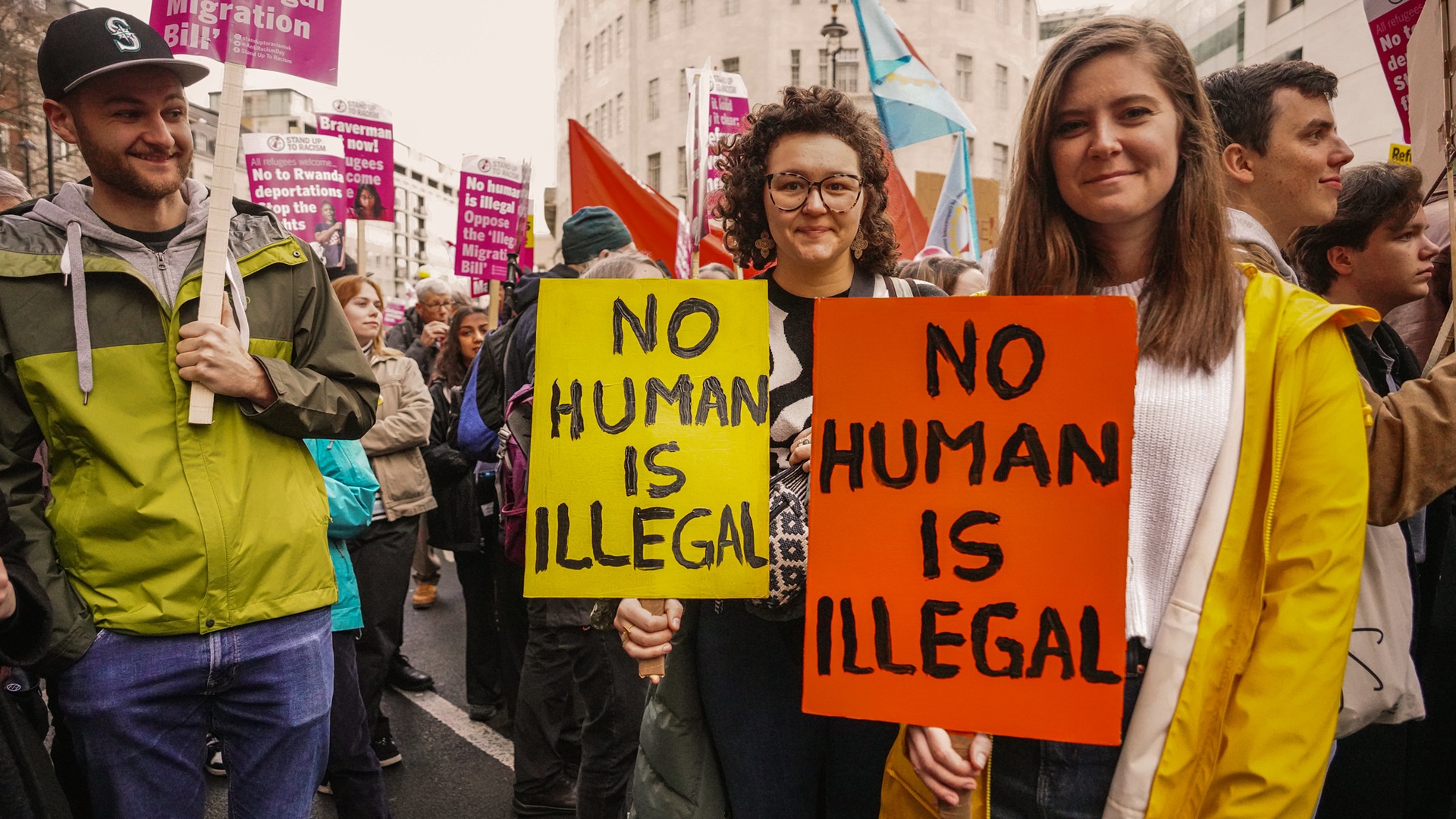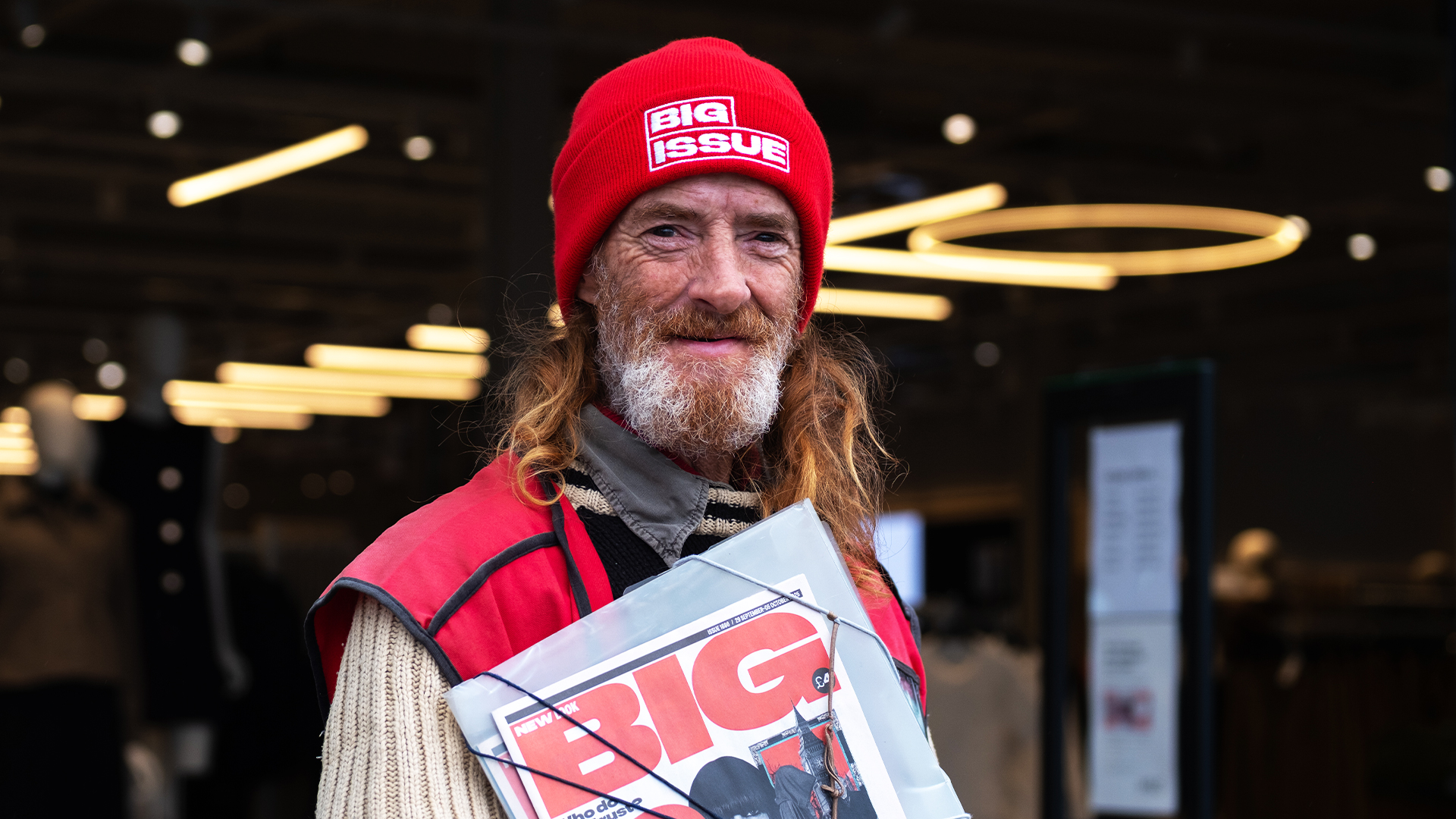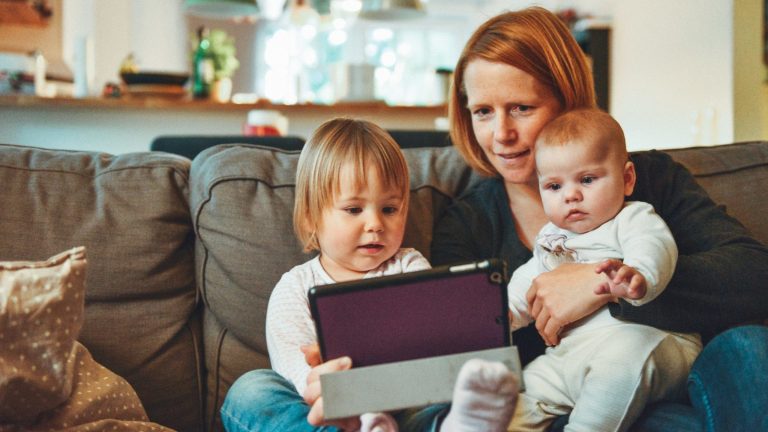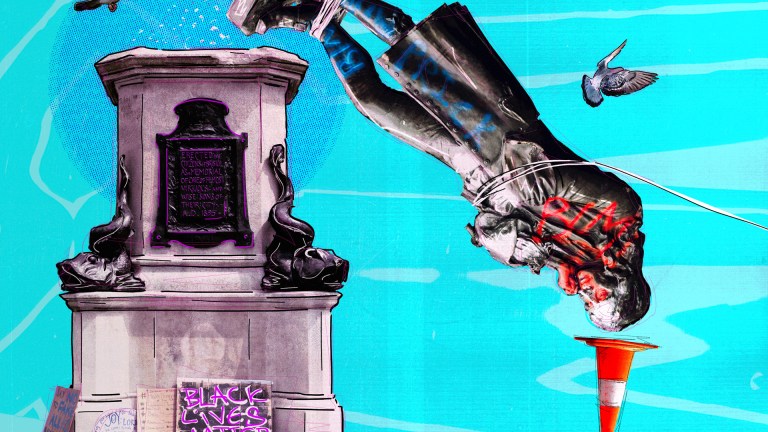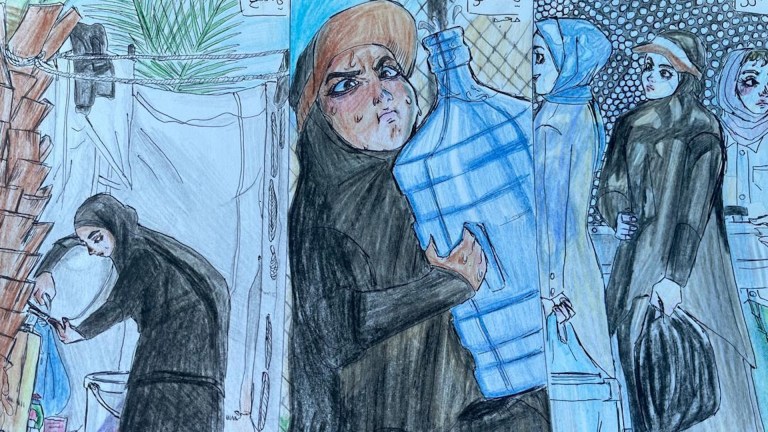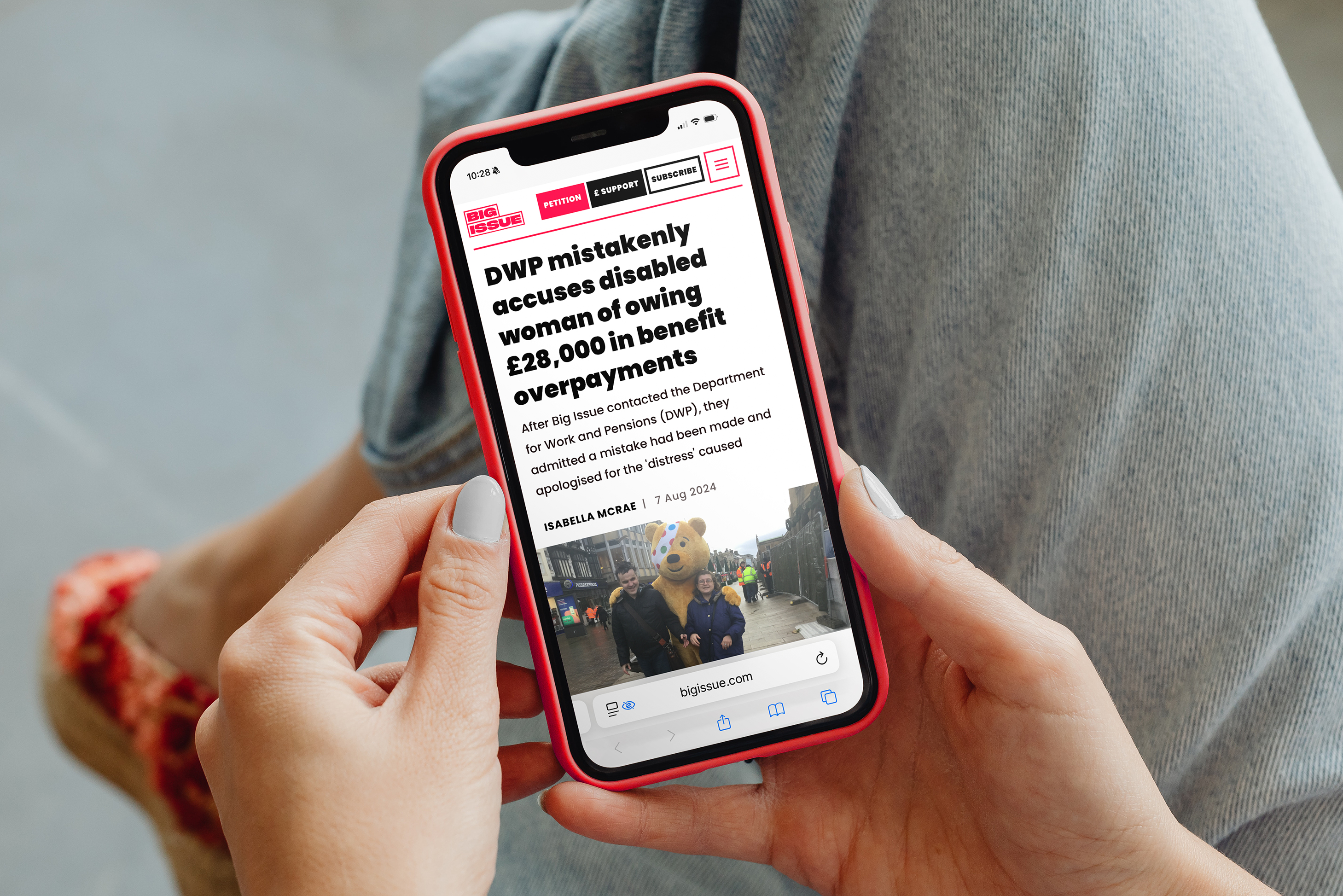I came to the UK to study. I didn’t even know what the word ‘asylum’ meant, which I later learnt was not uncommon. To come here to study, my dad had to go into debt. That’s how much studying abroad and getting a good education meant.
I completed my course, but I failed my last paper through no fault of my own: the trains were all delayed so I was late to the exam. The examination body was horrible and they wouldn’t let me sit the exam. My student visa was only for 11 months. I was stuck with no qualification.
I’m gay, and the longer I was in the UK, the more I realised I couldn’t ever go back home. Coming to study here was an opportunity to gain qualifications but also a chance to escape. I couldn’t continue living a life that wasn’t me. By connecting with other LGBTQ+ people and organisations, I started to learn about asylum. An LGBTQ+ charity helped me with the process of claiming asylum: they found me a solicitor and organised referrals.
Read more:
- Refugee children deserve our compassion – and a chance to build safe, happy lives
- I faced oppression as an LGBTQ+ man in Syria. We need to keep fighting for a brighter future
- Olympic boxer Cindy Ngamba: ‘I want to show the world that refugees can do anything’
Between my asylum screening interview and substantive interview, I was called to do another interview where Home Office officials looked into how I arrived in the UK. It was a truly awful experience: the whole process felt like they were trying to trick me. Fortunately, I had a good solicitor who was with me during the interview as my English wasn’t as good back then and I didn’t understand how everything worked. The conclusion of the interview was that because I came on a student visa, I had used “verbal deception” and I was liable for deportation. I remember being told that I wasn’t a “real refugee” because I came here by plane, and not by boat or on the back of a lorry.
Looking back at it now, I understand that everything the Hostile Office and immigration enforcement do is for a reason. The system is designed to criminalise and dehumanise migrants, including people seeking asylum. International students (and other migrants) are seen as commodities rather than people, and that treatment is an extension of inhumanity and the UK’s ongoing history of genocide against people from the Global South. In the recent immigration white paper, the UK government said it will place restrictions on international students from Pakistan, Sri Lanka and Nigeria from claiming asylum. The colonial patterns are clear to see. These plans draw on legacies of racism, colonialism and oppression, including Islamophobia and erasure, for example the genocide of Igbo people in Biafra, Nigeria by the British in the 1960s.
